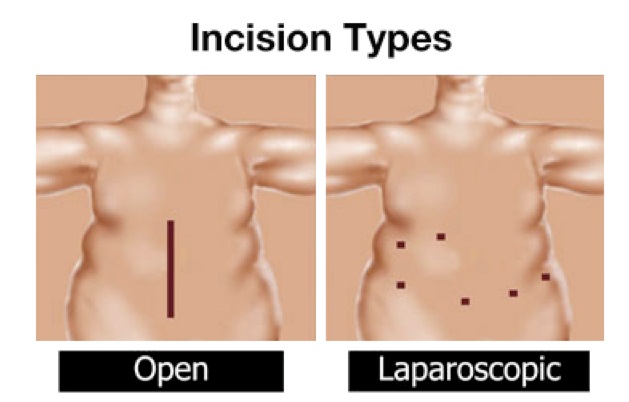Candidate for Weight Loss Surgical Procedure?
If you are thinking of having weight loss surgery, you may have to consider certain criteria in order to be qualified for the surgery. If you do not meet these criteria, then the surgery may cause higher risks and problems.
It is important to know what these qualifications are before considering weight loss surgery so that you may know if it is right for you.
Here are the top 10 qualifications you should consider before weight-loss surgery.
1. Morbid Obesity. Are you morbidly obese? If you’re over 100 pounds from your ideal weight then you are considered morbidly obese.
2. Medical problems. There are a couple of medical conditions that can happen if you are overweight. For example you may have diabetes, swelling or pain due to being overweight, if so then you will be qualified for weight loss surgery.
3. BMI. BMI simply means your body mass index. This index is used to determine whether you qualify for weight loss surgery. You need to have a BMI of forty or greater in order to qualify for surgery.
4. Diet programs. Generally it is recommended that you are monitored for six months using diet programs prior to weight loss surgery. It needs to be shown that none of these programs have worked for you to make you completely qualified.
5. The length of time that you are obese. Sometimes you will need to have been obese for at least five years. This just proves that you have been unable to reduce your weight in any other way and that it is causing you problems in your everyday life.
6. Insurance and financial considerations. Prior to getting weight loss surgery, you will need to satisfy your insurance company and examine your financial status. Some insurance companies have specific requirements before allowing you proceed with weight loss surgery.
7. Problems with performing daily activities. For example, family activities, work ability and social functioning. Generally, being obese may cause problems with doing routine activities.
8. Your mental stability. Are you mentally prepared to have the surgery performed? Will you be able to make the necessary changes after surgery in order to change your lifestyle and get any help necessary to change dietary and mental habits.
9. Understanding the procedures involved. Make sure that you know about the risks, benefits, procedures and commitments involved with weight loss surgery, otherwise you’re better not to get the procedure performed.
10. Your confidence factor. If you are hesitant about having surgery or don’t feel that it is right for you, then you would be better to consider other options.
If you have met some or most of the qualifications above, then consult your physician or a surgeon about what weight loss surgery could do for you.
You can then begin to make the necessary steps required in moving back into a more healthy lifestyle.







